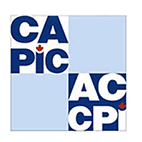Category
Canada Study Visa
IMMIGRATION
STUDY
WORK
INVEST
© 2025 Elaar Immigration Consulting Inc.
Close Menu
- IMMIGRATE
- WORK
- VISIT
- STUDY
- BUSINESS IMMIGRATION
- RESOURCES
- START ASSESSMENT




